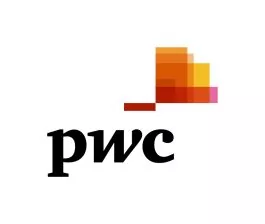"Record-Setter for Longest Time to Live with Bullet in Head Dies at 103." – Recent obituary headline
For Canadian rate regulated enterprises, the path to IFRS has been a rocky one, full of near death experiences.
Recall that the Canadian Accounting Standards Board gave RREs until 2012 to transition to IFRS, rather than forcing them to move over in 2011 like almost everyone else. The RRE deferral came about because of the IASB's last minute decision in 2010 not to provide clarity on whether IFRS allows an RRE to set up assets and liabilities as the result of a regulator's rate order, as old Canadian GAAP does. Many hold the view that IFRS doesn't permit setting up assets or liabilities at all. We don't agree, but even under our view, you won't always get the same answers as old Canadian GAAP.
In 2011, Canadian provincial securities commissions responded to RREs concerns about the impact of IFRS by giving those listed on exchanges the option of following US GAAP instead. This generally requires the same accounting as old Canadian GAAP. There's a catch, though. The CSA's relief is only good through to the end of 2014. Then companies will have to either switch to IFRS or register with the SEC to maintain the right to follow US GAAP that exists under current Canadian securities legislation. The CSA hasn't said why it imposed this limit but the best guess is that they were trying to avoid setting a game changing precedent by allowing an entire industry to use US GAAP and at the same time allow for an IFRS-based solution to develop.
If so, it might just work! In May, the IASB announced a decision to consider whether to put RRE accounting back on its agenda. While a final standard wouldn't be in place in time for 2015 reporting, some members of the IASB also have raised the possibility of introducing interim measures that would allow Canadian RREs to continue their existing basis of accounting. Seizing on this possibility, the Canadian Board promptly extended the date of mandatory transition to IFRS for RREs until 2013. This decision mostly benefits nonpublic ones (such as entities in the public sector) unable to take advantage of the US GAAP reporting option available to public ones.
The content of this article is intended to provide a general guide to the subject matter. Specialist advice should be sought about your specific circumstances.

